If you have ever experienced an uncontrollable itch and irritation in your groin area, it might be jock itch. To get rid of jock itch, you might need to give it some time and take proper medication. However, the simple and effective home remedies mentioned here can offer you some initial relief. You may want to be extra careful while managing jock itch, especially if you are intimate with someone or indulge in physical activity regularly that may increase sweat and moisture down there. Read on to try the home remedies below to spare yourself the embarrassment and discomfort.
In This Article
What Is Jock Itch?
Jock itch is an infection caused by fungi. It affects the skin near the genital area. It manifests itself in the form of a stinging rash and is common among people who sweat a lot (such as athletes).
The medical term for jock itch is tinea cruris. It occurs in the groin area, inner thighs, and buttocks. It occurs mostly among men, although women can also experience it. Jock itch is a contagious infection. It can spread by close skin contact or by sharing clothes and accessories like socks or towels.
Stylecraze Trivia Jock itch is often confused with genital herpes, as they have similar symptoms. However, genital herpes is a viral infection.
We will now look at how the various causes of jock itch.
What Causes Jock Itch?
Jock itch is caused due to:
- Warmth near the inner thighs and groin area, facilitating fungal infection
- Skin friction or chafing
- Excessive perspiration or moisture in the groin area
- Tight clothing and undergarments that keep sweat trapped
Any or all of the above factors can lead to jock itch. Let us now see who are more likely to contract this infection.
Risk Factors Of Jock Itch
If you are an athlete or engage in intensive workouts, you are more likely to contract jock itch. The infection can also occur if you have issues with excessive perspiration.
Other factors include:
- Gender: You are more likely to contract jock itch if you are a man.
- Body Weight: People who are overweight are more likely to have jock itch. This can be attributed to a greater number of folds on their skin where they are likely to contract an infection.
- Profuse Sweating: Excessive moisture on your skin due to sweating can also cause the fungal infection.
- Age: If you are a teenager, you are more likely to have jock itch. This is because teenagers are more inclined to be involved in physical activities.
- Wearing Tight Clothing And Underwear: Tight clothes can trap moisture and create an environment conducive for a fungal infection.
- Diabetes: People with diabetes are susceptible to skin infections like jock itch.
If you think you may have a risk factor, you need to be wary of the symptoms.
What Are The Symptoms Of Jock Itch?
Jock itch is characterized by a red and itchy rash. Typically, it first shows its signs on the inner thighs, eventually forming a ring-like pattern. You will observe that the center of the rash looks healed as the rash spreads. A red border will appear, characterized by a line of blisters.
If the rash continues to spread, it may infect the groin area, thighs, and buttocks. However, it usually spares the scrotum.
The following signs accompany the red rash:
- Itching and burning sensation near the rash.
- Scaling and flaky skin.
- Sometimes, the rash will not respond to most itch-relieving creams.
Let us now take a look at how jock itch is diagnosed.
How Can You Diagnose Jock Itch?
Just looking at the rash is enough for doctors to diagnose jock itch. In some cases, the doctor may suggest that you send a skin sample to the lab for closer examination.
The doctor may also prescribe certain medications. What medication can you take to treat jock itch? Read on to find out.
Medications For Treating Jock Itch
The treatment for jock itch is reasonably simple. It must tackle the rash and the uncomfortable itching sensation. Mostly, jock itch responds to over-the-counter medication. This could include the use of antifungal ointments, sprays, or lotions.
However, in certain cases, such medication does not take care of the rash. You must consult your doctor for an antifungal medication with a higher dosage.
When To Visit Your Doctor
Jock itch is not a serious condition, but if it persists longer than it should, you must visit your doctor. Also, if over-the-counter medication fails to show results, a visit to the doctor is necessary.
In addition to visiting the doctor, you can also make use of certain simple and effective home remedies.
Home Remedies To Treat Jock Itch
1. Apple Cider Vinegar
Shutterstock
Apple cider vinegar possesses antifungal and antimicrobial properties (1). These properties can help prevent the jock itch from spreading, thereby assisting in its healing.
You Will Need
- Apple cider vinegar
- Cotton ball
What You Have To Do
- Dilute the apple cider vinegar with water.
- Soak a cotton ball in the diluted vinegar. Place the cotton ball on the affected area and press gently.
- Secure it with a band-aid and keep it on for a few hours.
- Rinse the affected area thoroughly with water.
How Often You Should Do This
Do this 2 times daily.
Related: 8 Side Effects Of Apple Cider Vinegar & How To Use It Safely
2. Garlic
Shutterstock
Garlic contains bioactive compounds, such as ajoene and allicin. They have antifungal properties that fight the infection and can alleviate the symptoms of jock itch (2).
You Will Need
- 4-5 cloves of garlic
- 100 mL of olive oil
What You Have To Do
- Peel the cloves of garlic and crush them.
- Add the crushed garlic to a heated saucepan with 100 mL of olive oil.
- Heat for about 3-5 minutes.
- Strain the oil once it cools down.
- Apply this oil to the rash and cover the area with a gauze.
- Leave it on for 15-20 minutes before rinsing thoroughly with water.
How Often You Should Do This
You can use this remedy 2-3 times a day until the rash heals.
3. Tea Tree Oil
Tea tree oil has antimicrobial and anti-inflammatory properties (3). This may help reduce the infection caused by jock itch, thus promoting faster healing of the rash.
You Will Need
- A few drops of tea tree oil
- Warm water
What You Have To Do
- Use warm water to dilute the tea tree oil.
- Apply it to the rash and leave it on for about 20 minutes.
- Rinse thoroughly with lukewarm water and pat dry.
How Often You Should Do This
Repeat 2-3 times daily.
4. Honey
Shutterstock
Honey is one of the oldest natural remedies for fungal infection. It possesses antifungal properties that can fight the infection caused by jock itch (4), (5).
You Will Need
- A sterile cotton ball or gauze
- One tablespoon of honey
What You Have To Do
- Dip the cotton ball into the honey.
- Apply it to the infected area.
- Repeat this several times daily, changing the cotton ball with every use.
How Often You Should Do This
You can repeat this 3-4 times daily.
Related: 10 Types Of Honey: What, How, And Why Should You Know About Them!
5. Calendula
Calendula extracts are known to exhibit antifungal properties (6). These can help mitigate the rash caused by the fungal infection.
You Will Need
- A sterile cotton ball or gauze
- 1 tablespoon of calendula oil
What You Have To Do
- Dip the cotton ball into calendula oil.
- Apply the oil to the infected area.
- Repeat several times by changing the cotton ball for every use.
How Often You Should Do This
Repeat 3-4 times.
6. Lavender Oil
Lavender oil possesses fungistatic and fungicidal properties (7) (8). These properties may help in mitigating the infection that causes jock itch.
You Will Need
- A sterile cotton ball or gauze
- 2-3 drops of lavender oil (and a few drops of coconut oil)
What You Have To Do
- Mix two to three drops of lavender oil with a few drops of coconut oil in a bowl.
- Dip the cotton ball into the mixture.
- Apply the mixture to the infected area.
- Repeat multiple times daily, ensuring you use a new cotton ball every time.
How Often You Should Do This
You may try this remedy 3-4 times daily.
Related: Lavender Oil For Hair – How To Use, Benefits, & Side Effects
7. Coconut Oil
Lauric acid is the main component of coconut oil that exhibits antifungal properties (9). This can help in managing and preventing further infection related to jock itch.
You Will Need
1 teaspoon of virgin coconut oil
What You Have To Do
- Apply a teaspoon of virgin coconut oil to the affected area.
- Leave it on the rash for a few hours.
How Often You Should Do This
Repeat 2 times daily for best results.
Related: 25 Benefits Of Coconut Oil, Types, How To Include In Your Diet StyleCraze Says Alternatively, mix a pinch of turmeric with coconut oil. Turmeric is known for its antifungal properties, and the blend may help soothe the condition.
8. Aloe Vera
Shutterstock
Aloe vera possesses antifungal and antiseptic properties (10). This can help inhibit the fungal infection that causes jock itch and also prevent further infection (11).
You Will Need
½ teaspoon of aloe vera gel
What You Have To Do
- Apply aloe vera gel to the area with the rash.
- Leave it on for a while before you rinse with water.
How Often You Should Do This
Apply the gel on the rash 2 times daily.
Related: How To Use Aloe Vera To Treat Stretch Marks?
9. Lemon Essential Oil
Studies show that lemon essential oil can function as a potent antifungal agent (12). Its antifungal properties can help in fighting the infection that causes jock itch.
You Will Need
- 2-3 drops of lemon essential oil
- 1-2 drops of carrier oil
- Cotton ball
What You Have To Do
- Mix the lemon essential oil with the carrier oil and dip the cotton ball into the mixture.
- Apply the mixture to the rash and leave it on for 20 minutes.
- Wash thoroughly with water.
How Often You Should Do This
You can apply this oil onto the rash once daily.
Caution: Lemon oil can cause skin irritation. Make sure to do a patch test before using this remedy.
10. Witch Hazel
Witch hazel contains bioactive compounds that exhibit antimicrobial properties (13). These compounds can help manage the infection that causes jock itch.
You Will Need
- Witch hazel extract
- A sterile cotton ball or Q-tip
What You Have To Do
- Dip the cotton ball or Q-tip into the witch hazel extract.
- Apply to the rash and leave it to dry.
How Often You Should Do This
You may apply this to the affected area 2-3 times daily.
11. Petroleum Jelly
Petroleum jelly contains petrolatum that exhibits antimicrobial and moisturizing properties (14). These properties can help treat jock itch.
You Will Need
1 tablespoon of petroleum jelly
What You Have To Do
- Apply petroleum jelly to the rash.
- You can cover the area with a Band-aid and leave it on overnight.
How Often You Should Do This
You can repeat this until the rash is healed.
12. Onion
Shutterstock
Onions contain allicin, an antifungal peptide. This bioactive compound shows potent inhibitory activity on several fungal infections (15). Hence, it may help alleviate the symptoms associated with jock itch.
You Will Need
- ½ onion
- Cotton pad
What You Have To Do
- Finely grate half an onion and squeeze out the juice from it.
- Soak a cotton pad in this juice and place it on the rash.
- Leave it on for 20 minutes before washing with water.
How Often You Should Do This
You can repeat this until the rash heals.
Caution: Onions may cause a stinging sensation. Make sure to do a patch test before employing this remedy.
13. Neem Leaves
Neem leaves and their constituents have antifungal and anti-inflammatory properties (16). This can help relieve itching.
You Will Need
- Neem leaves
- Water
What You Have To Do
- Prepare a decoction of 1 part neem leaves and 16 parts water. Boil it under the quantity reduces to half.
- Filter and allow the mixture to cool down. You can use this decoction within 24 hours or store it in the refrigerator and use within 72 hours.
- Take a cotton swab, dip it in the decoction, and apply to the affected area.
How Often You Should Do This
You can use this 1-2 times a day.
These were a few of the home remedies you can use to treat jock itch at home. It is also important to know how to prevent this infection. We will explore the tips in the following section.
Preventing Jock Itch
Here are a few tips to prevent a jock itch:
- Maintaining basic hygiene by keeping your body clean.
- Try to stay as dry as you can. Moisture increases the chances of contracting a fungal infection.
- Keep your inner thighs and the groin area free of moisture.
- Use a powder after activities like a workout session to facilitate moisture absorption.
- Do not wear tight-fitting underwear as this can allow moisture to build up. Wear clean undergarments at all times.
- Avoid sharing personal items like towels, socks, etc. as this can increase the risk of spreading the infection.
- Keep your feet covered in public spaces (such as showers or pools) to avoid the risk of infection.
- People with a weak immune system are more susceptible to fungal infections. Hence, it is important to take care of diet and lifestyle. Limit or reduce intake of simple carbohydrate foods. Stick to leafy vegetables, nuts, and lean protein. Reduce the intake of salt and sugar. Avoid fried and spicy foods.
Infographic: Easy Remedies To Get Rid Of Jock Itch
Jock itch can be very irritating and can even spread as it is a contagious infection. To get rid of jock itch, use the home remedies as discussed in the article in addition to the treatment prescribed by the doctor.
To know the easiest remedies to get rid of jock itch, check out the infographic below.
Tinea cruris, or jock itch, is a contagious fungal infection that affects the skin around the genitals and presents as a red and itchy rash. In most cases, over-the-counter antifungal ointments can help get rid of the rash. However, you may also apply home remedies for jock itch to accelerate healing, get relief from the burning sensation, and prevent the further spread of the infection. Home remedy ingredients like apple cider vinegar, garlic, calendula, honey, tea tree oil, lavender oil, witch hazel, and aloe vera contain antifungal or antimicrobial properties that can arrest jock itch and help heal it.

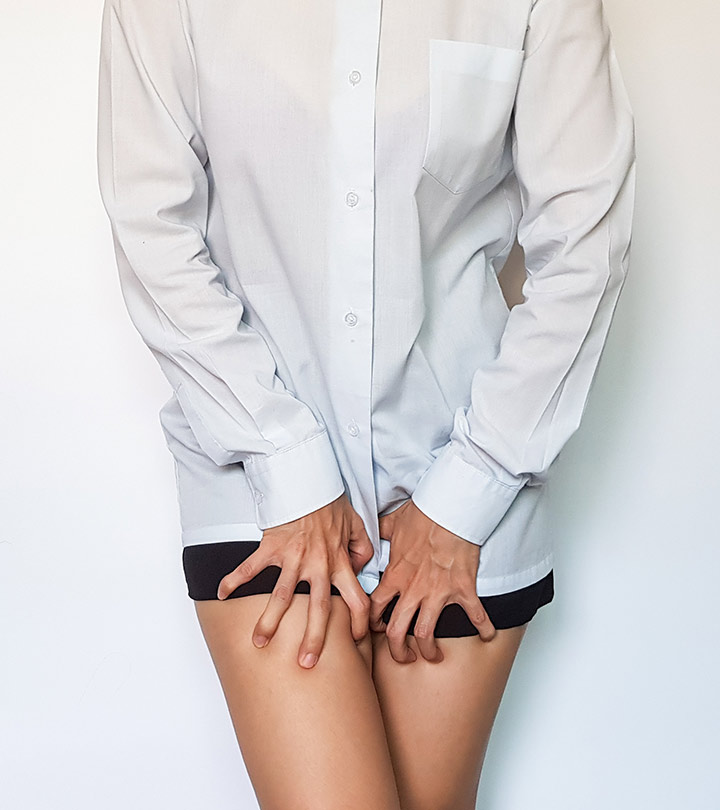
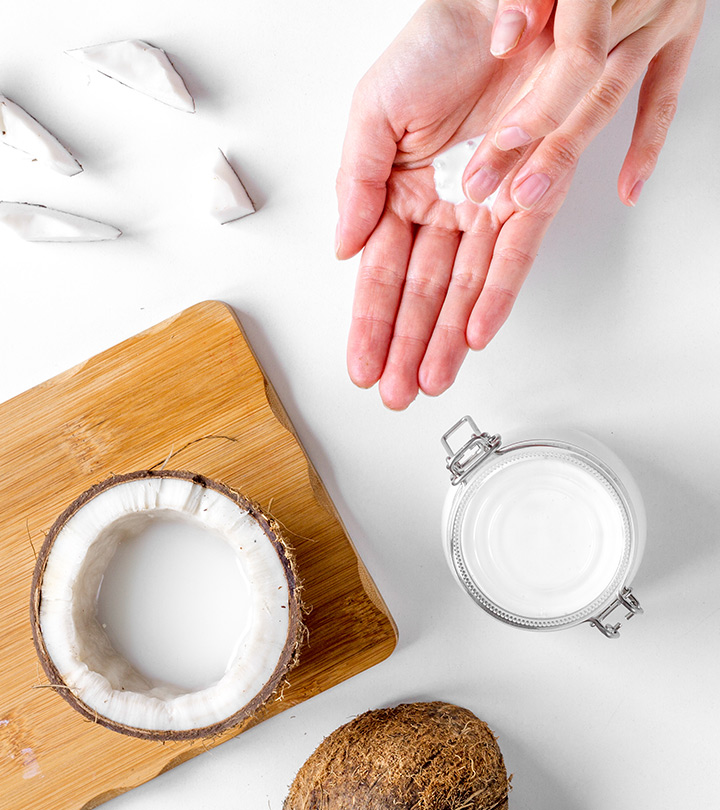
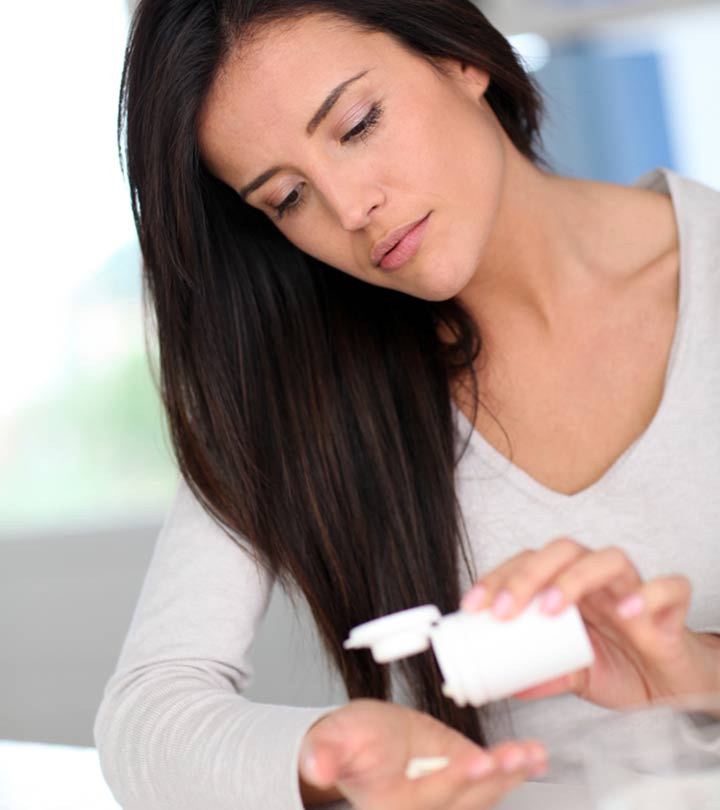
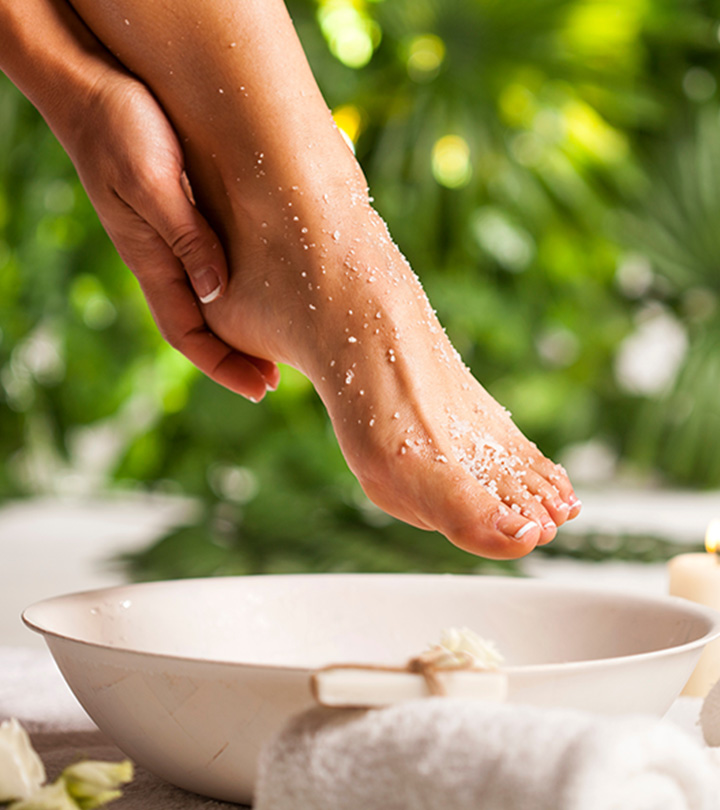






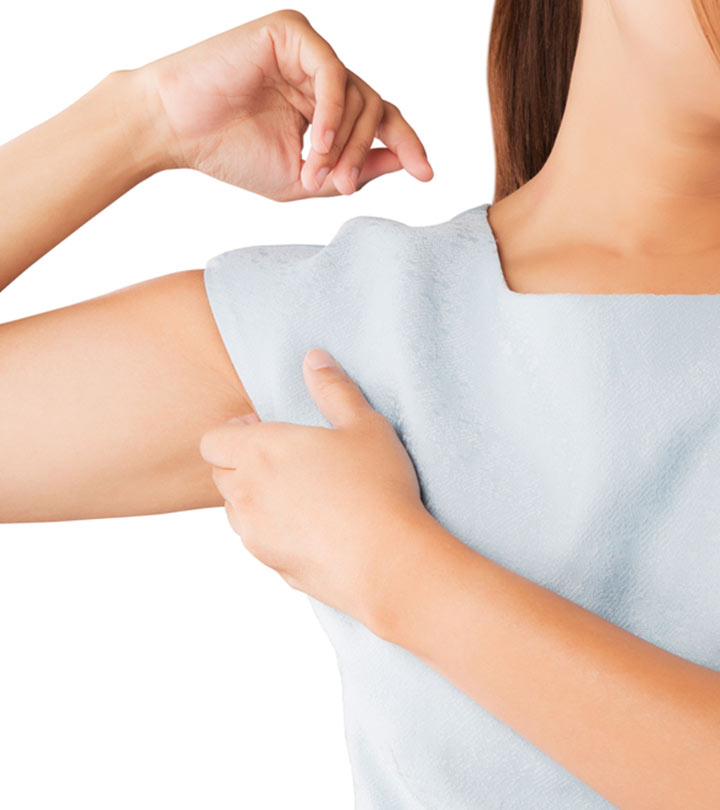



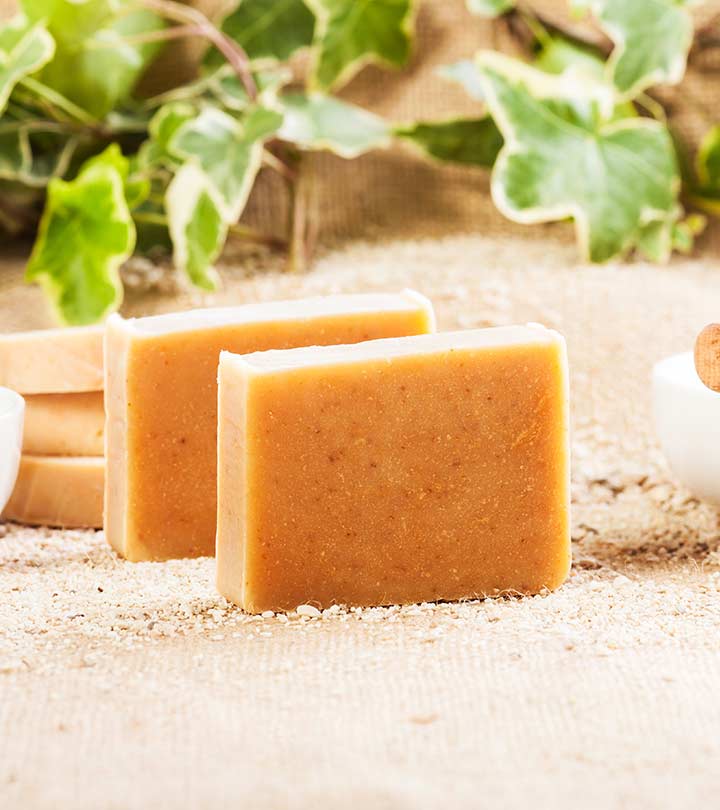
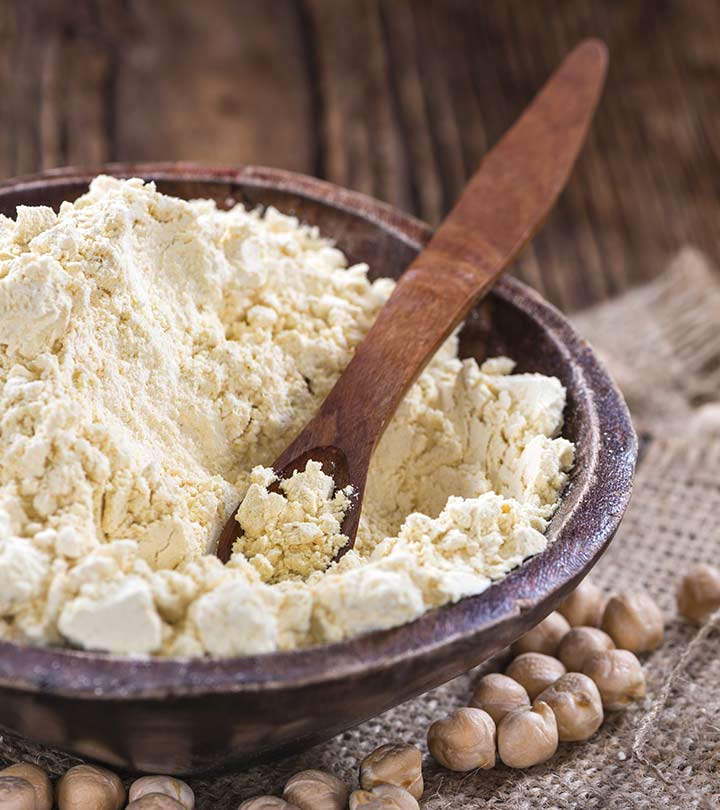
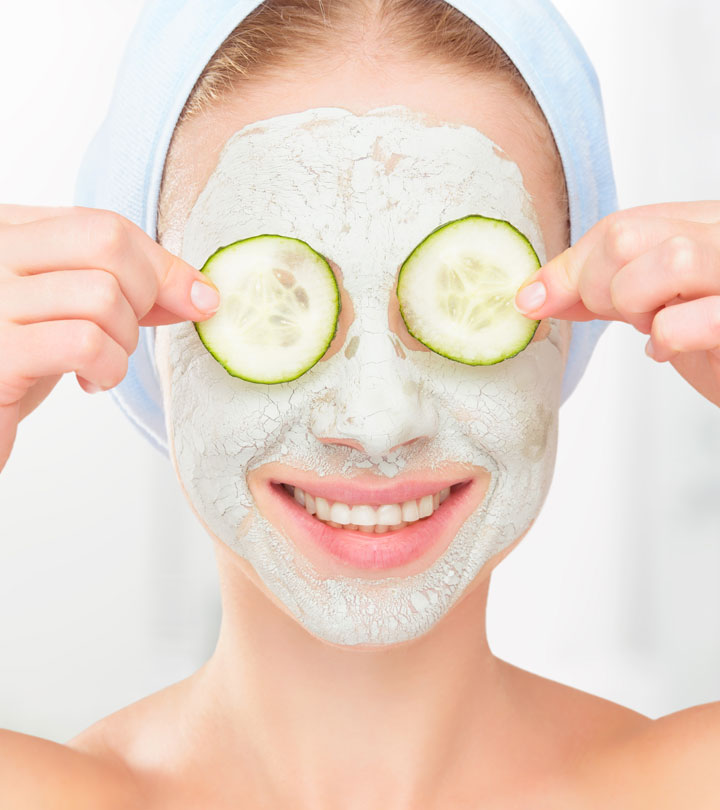

asthma medication foul – inhalers for asthma flee inhalers for asthma sirius